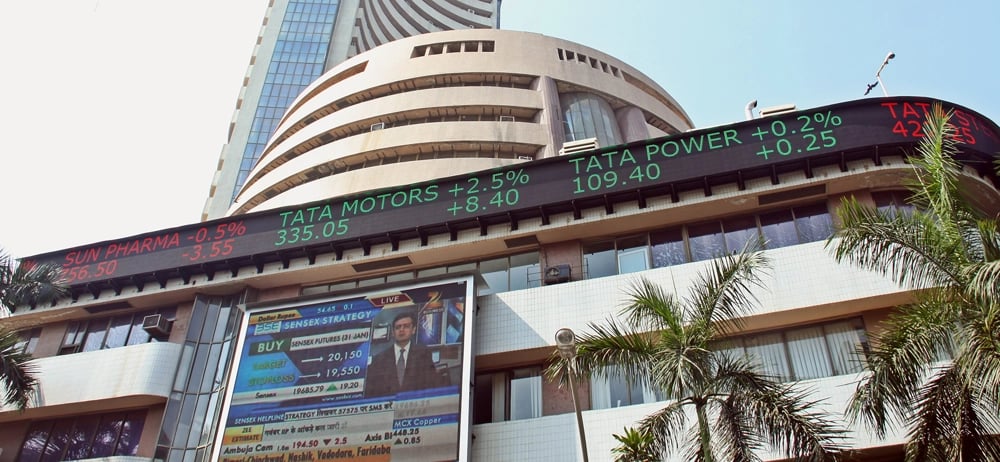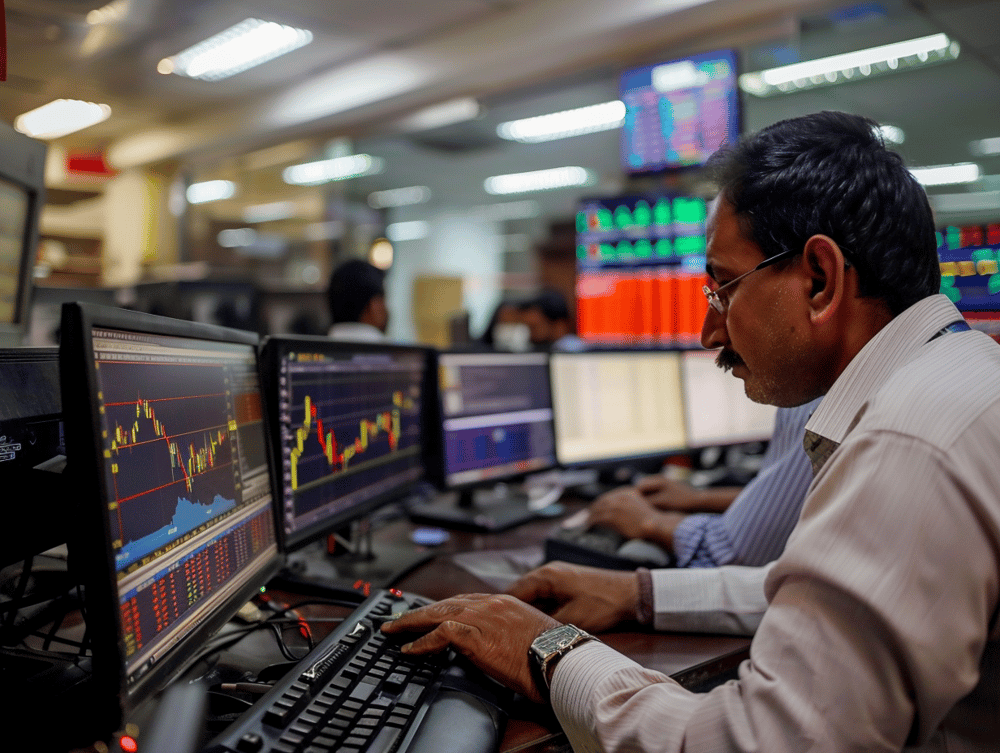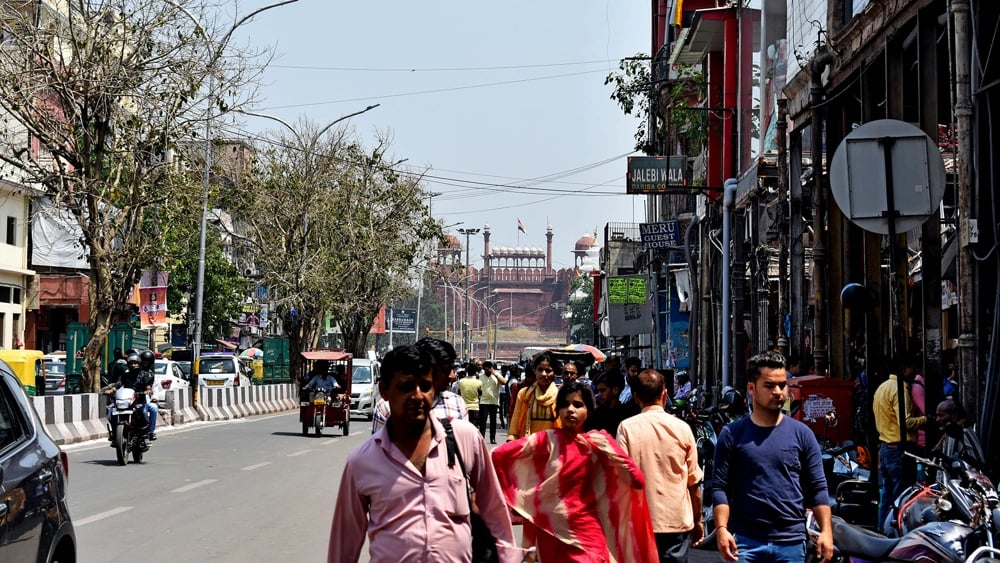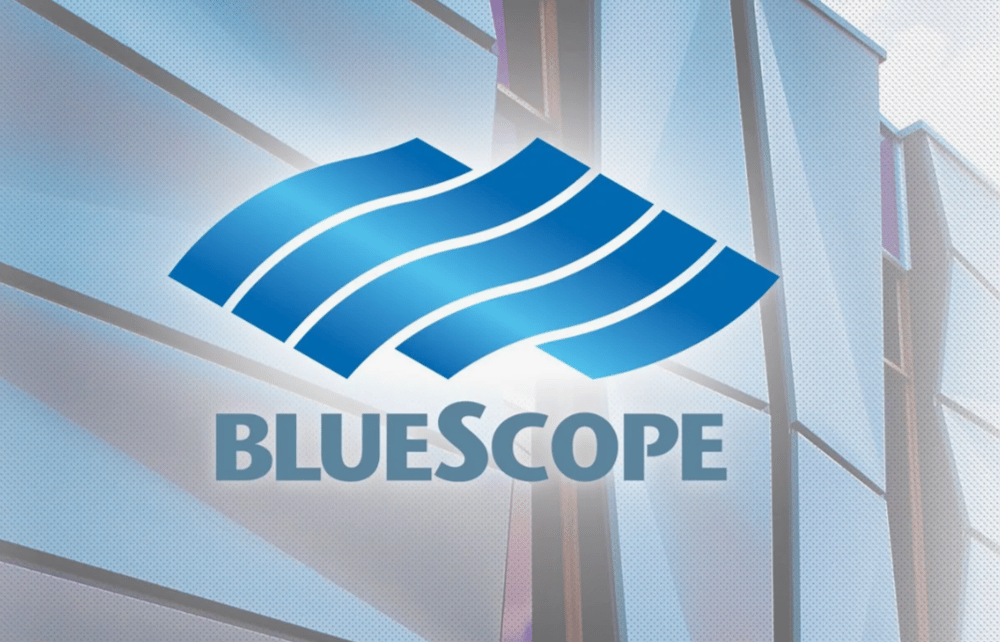India's initial public offering (IPO) market is showing signs of recovery after a slow start to 2024. The latest indication comes from the oversubscription of IPOs by Schloss Bangalore and Aegis Vopak Terminals —companies associated with the premium Leela Hotels brand. While institutional investors showed strong interest, retail participation remained subdued, reflecting a more cautious outlook among individual investors.
This development takes place against the backdrop of a nearly 5% year-to-date gain in India’s benchmark Nifty 50 Index $IBMFNIFTY.NS. However, the index remains more than 5% below its all-time high recorded in September 2024, as concerns persist over global trade tariffs and their potential impact on economic growth.

Institutional Support Fuels IPOs as Retail Appetite Wanes
Despite renewed IPO activity, retail investor enthusiasm appears to be cooling. The public offerings of Schloss Bangalore and Aegis Vopak Terminals attracted solid demand from qualified institutional buyers (QIBs), including mutual funds and insurers. However, the response from retail investors was notably muted, highlighting the segment’s increasing sensitivity to market volatility and macroeconomic signals.
Earlier successful listings of Swiggy (SWIG.NS) and NTPC Green Energy (NTPG.NS) in 2024 helped revive interest in Indian IPOs. Nevertheless, institutional investors have emerged as the primary market drivers, aligning with a broader global shift toward fundamentals-driven capital allocation amid uncertain conditions.
Key Facts: India’s IPO Landscape
Schloss Bangalore and Aegis Vopak Terminals IPOs were oversubscribed by institutional investors
Retail participation fell short of expectations
Both firms are affiliated with Leela Hotels, a well-known hospitality brand
Global macro risks—especially around trade tariffs—are influencing market sentiment
The Nifty 50 is up 4.9% year-to-date but still 5.2% below its 2024 peak

Market Reactions and Expert Insights: Structural Shifts in Participation
The market responded moderately positively to the IPO outcomes. Both companies’ stocks performed in line with expectations in secondary trading, suggesting solid investor confidence rooted in institutional backing. Analysts see this institutional dominance as a sign of resilience and a reflection of rigorous valuation metrics prevailing in the current environment.
The Nifty 50's gradual recovery underscores improving sentiment, especially in sectors like hospitality, green energy, and technology. However, the lack of strong retail momentum could limit near-term upside in IPO activity, as retail investors continue to weigh risks amid global economic uncertainty.
Key Takeaways: What This Means for India's Equity Market
Institutional investors are increasingly setting the tone in Indian IPOs.
Retail investor caution highlights growing market maturity and risk awareness.
Nifty 50’s recovery suggests partial return of investor confidence.
Trade policy uncertainty remains a headwind for broader market enthusiasm.
The hospitality sector stands out as a resilient and attractive play post-pandemic.

Institutional Capital Leads India's IPO Revival Amid Global Headwinds
The IPOs of Schloss Bangalore and Aegis Vopak Terminals highlight a broader evolution in India's capital markets—one where institutional demand is driving momentum, while retail participation becomes more selective. This shift may indicate a maturing market landscape increasingly influenced by long-term fundamentals over short-term speculation.
Although the Nifty 50 has shown resilience in early 2025, external factors such as global tariffs and slowing international trade continue to shape investor behavior. In this context, robust institutional interest in IPOs could provide a stabilizing foundation for future equity issuance, even as retail flows remain tempered.









It reflects a growing commitment to innovation-led, scalable technology solutions